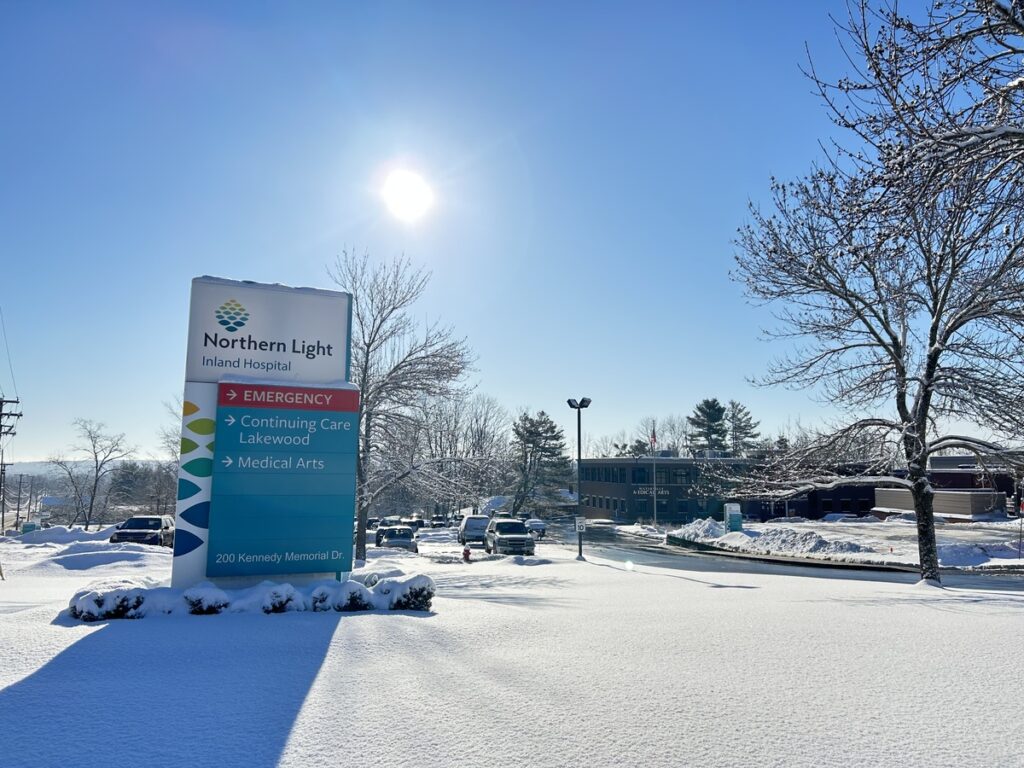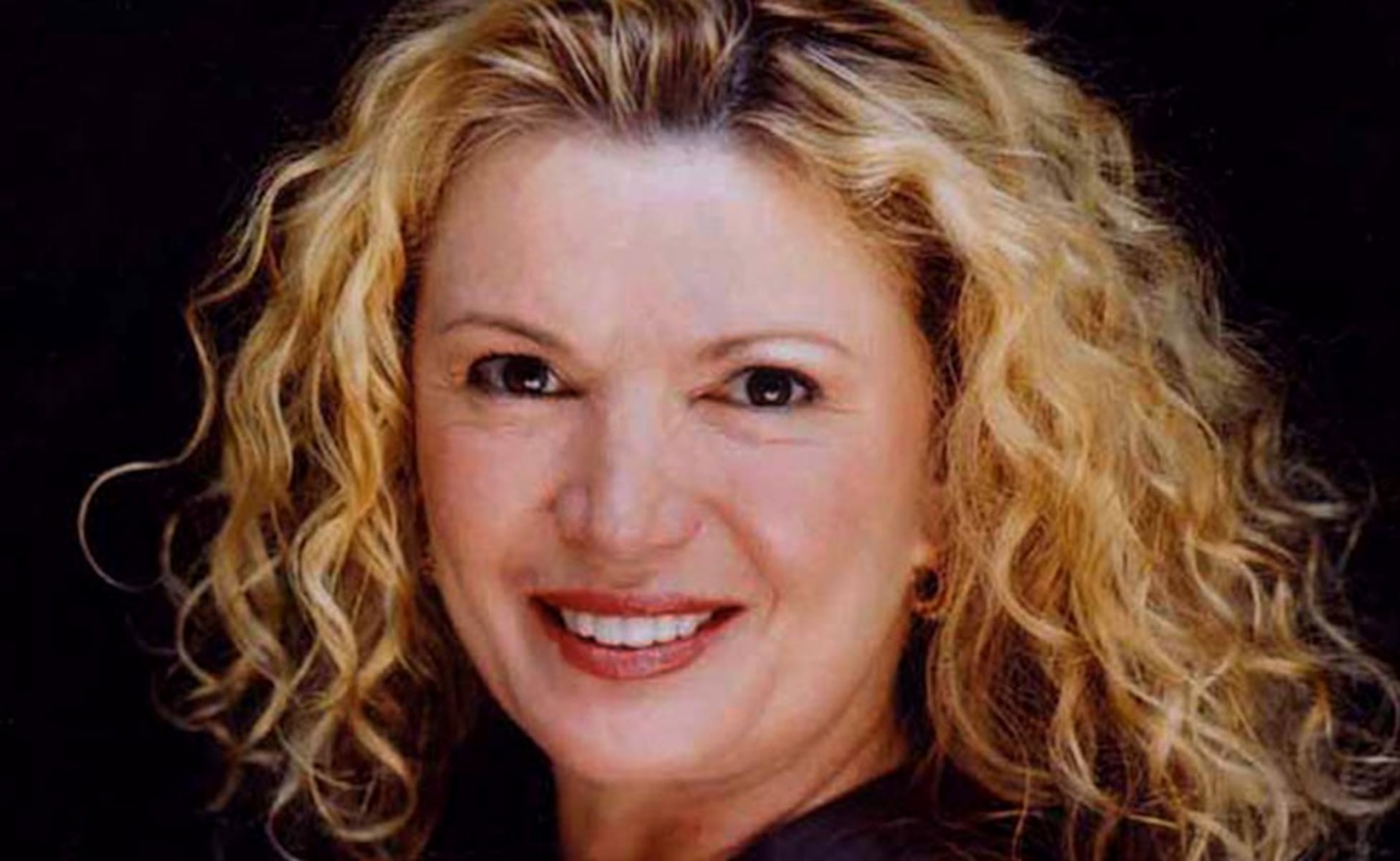
The closure of Northern Light Inland Hospital in Waterville, Maine, in June 2023, has raised alarms about the future of rural healthcare in the state. Experts warn that significant federal budget cuts could jeopardize the survival of many rural hospitals and the health of their communities. According to healthcare data scientist Erin Roberts-McCarthy, who has spent years analyzing patient records and working on Medicaid evaluations, the implications of these cuts extend far beyond hospital walls.
The recent federal budget reconciliation law, which passed in July 2023, is expected to strip approximately $5 billion from Maine’s healthcare system over the next decade. Half of the state’s 24 rural hospitals are now at immediate risk of closure, and over 40,000 Mainers may lose their MaineCare coverage, exacerbating existing challenges in rural areas already grappling with workforce shortages and an aging population.
Roberts-McCarthy emphasizes the direct link between federal policy and local healthcare outcomes. Changes to Medicaid eligibility, including new work requirements that mandate 90,000 Maine adults to document 80 hours of work per month, complicate access to care. In regions where seasonal employment is prevalent, such as fishing and tourism, tracking these hours is particularly challenging. When individuals lose coverage, they often resort to emergency rooms with advanced health issues, increasing costs for everyone and pushing rural hospitals closer to financial instability.
The financial strain on Maine hospitals is palpable, with some facilities waiting years for MaineCare reimbursements, totaling over $100 million owed for services already rendered. Rural hospitals typically operate on narrow margins, often maintaining less than 30 days of cash reserves. Each closure translates to longer travel times for emergency care, diminished access to obstetric services, and a loss of local jobs in communities that can ill afford further decline.
The ripple effects of federal decisions extend to state health departments, as seen when the structure of the Centers for Disease Control and Prevention (CDC) is weakened. This diminishes support for vital functions such as disease surveillance and outbreak response. With Medicaid funding capped, states face tough choices—cutting benefits, reducing payments to providers, or raising taxes—none of which foster the thriving rural communities that Maine desperately needs.
Maine’s unique challenges—including transportation barriers and geographic isolation—are often overlooked by federal policymakers. While the state has 18 critical access hospitals designated to serve rural populations, these protections mean little if funding is withdrawn.
Despite these challenges, Maine is pursuing solutions. The state is applying for funding through the Rural Health Transformation Program and exploring innovative healthcare models. Yet, the foundation for these initiatives relies heavily on federal support.
Roberts-McCarthy asserts that the impact of cutting Medicaid funding is deeply personal; it affects not just “those people” but also community members in need of care, such as a grandmother requiring dialysis or a neighbor battling diabetes. This issue transcends politics; it is fundamentally about survival.
Rural healthcare serves as a critical economic infrastructure. When hospitals close, local businesses often follow suit, leading to an exodus of young families and threatening the viability of communities that have endured for generations.
To safeguard rural healthcare funding, Maine’s residents are urged to voice their concerns to their representatives in Washington. Contact Sens. Susan Collins and Angus King, as well as Rep. Jared Golden, to emphasize that federal policy decisions directly impact the health and future of rural Maine.
As the potential for further hospital closures looms, it is crucial for communities to make their voices heard before it is too late. Washington may control the funding, but the consequences of those decisions are felt at home, where lives hang in the balance.







